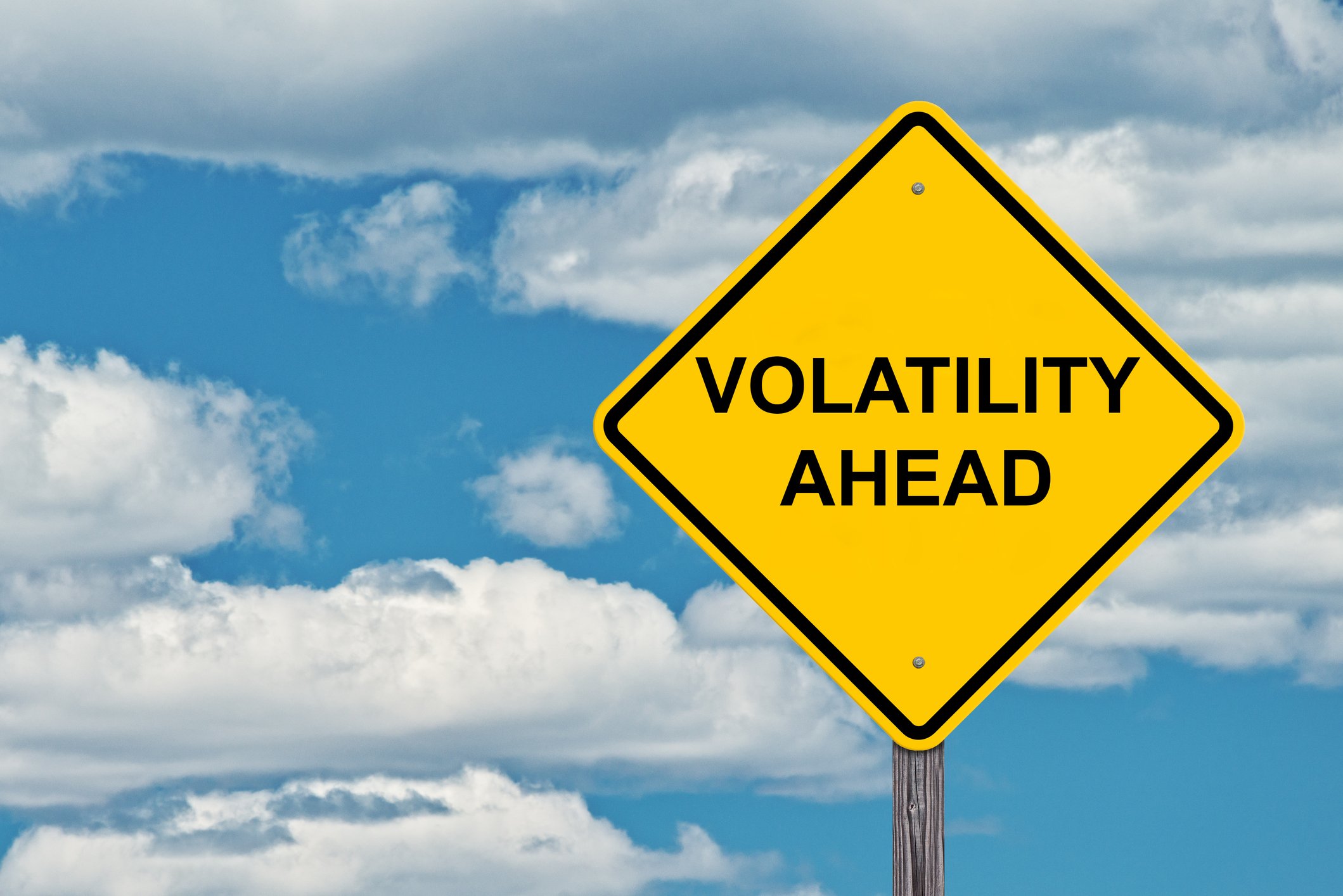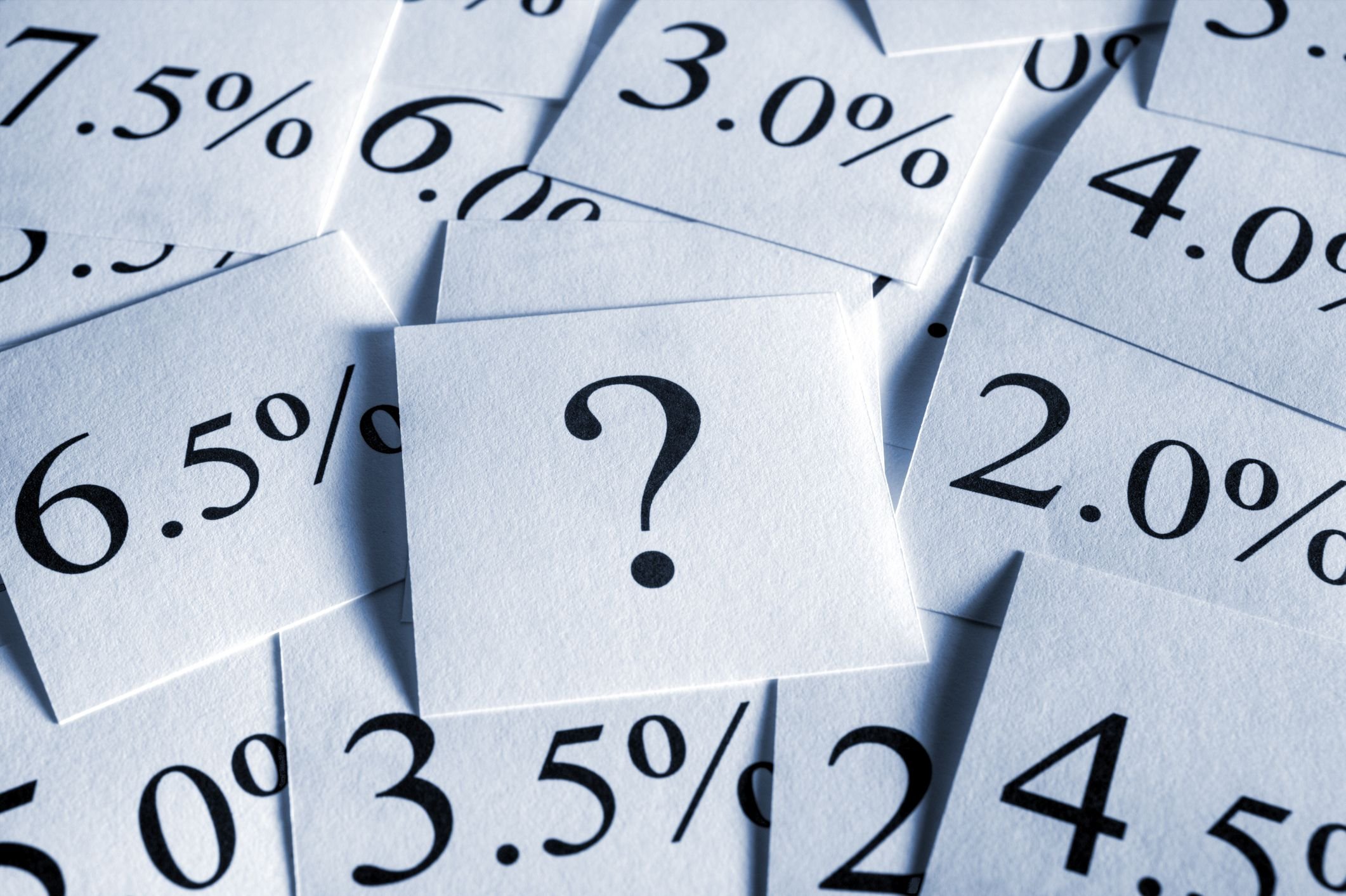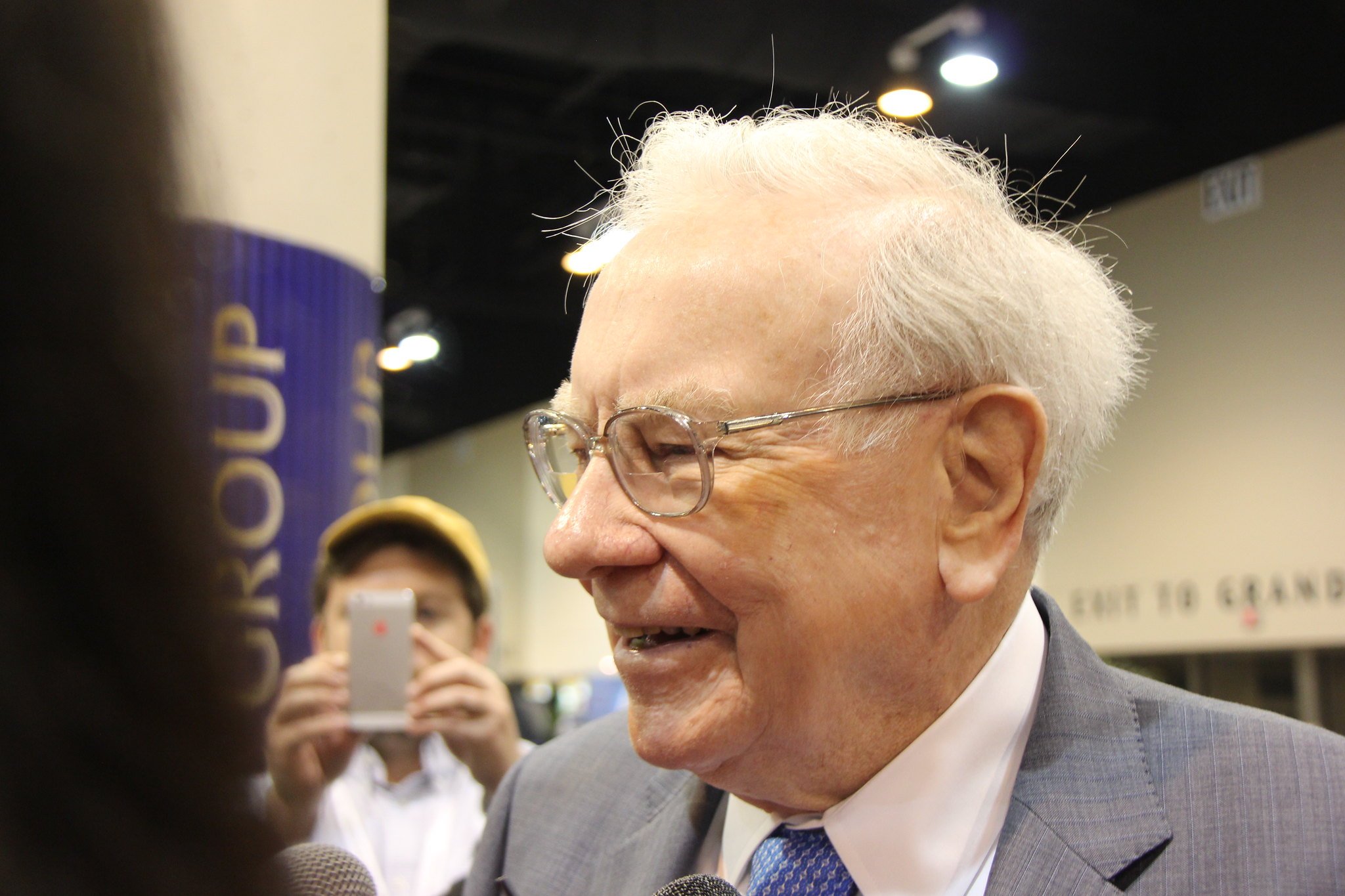In the century since the Federal Reserve was founded in 1913, how has it performed? According to Roger Lowenstein, it gets a "B."
The author of America's Bank, a history of the Fed's founding, sat down with The Motley Fool's Gaby Lapera and John Maxfield to cover the central bank's history, focusing in this clip on its three biggest failures over the past 100 years.
A full transcript follows the video.
This podcast was recorded on July 11, 2016.
John Maxfield: When you look back, you have the first central bank in the United States, you have the second central bank in the United States, now we have this third one. If you really look over the history of the Federal Reserve absent the Great Depression, when it was still trying to feel that way out and figure out the power allocation between its branches and its central monetary commission in Washington, D.C., really, it's augured in a period -- in fact, in banking, they call it the Great Moderation. It's one of the least volatile periods in the history of banking in the United States, which is actually much more volatile than many other countries.
But then you have the financial crisis of 2008. That's kind of the one mark on its record since then. But it actually seems to have averted from a recession turning into a depression, which is what we had in the 1930s. So, for somebody like you, who has studied the history of the Federal Reserve and other central banks, and looking at this whole issue, when you look at the Federal Reserve's performance since its founding, how would you grade that? And then, the second part of that is, you alluded to this in your book, but you never teased it out further -- is there any fear, concern, or legitimacy to arguments that the Federal Reserve could go the same way as the first two central banks in the United States?
Roger Lowenstein: First, I'll just point out other episode of failure. That's the great inflation of the 1970s. Really, the Fed had three, I'd say, significant failures: the Great Depression, a long period of stability, then we had this pretty terrible inflation. I quoted that, in the book, it's a different year in history, but President Nixon leaned on his former advisor and sent Chief Arthur Burns to open the spigot all the way. Nixon didn't want to risk losing the election. He did a lot of foolish things to be reelected, as people who know the Watergate history will know, but one of them was to lean on Federal Reserve chief. And Burns, unfortunately, went along with it, and we had this terrible inflation in the 70s.
Then, as you said, John, we had this long period referred to as a great moderation, followed by the crash. I think one of those begot the other. When you have a long period of stability, what happens? Each month, each year that conditions are stable, people feel a little bit more confident, they take a little bit more risk, and you just picture someone walking further and further out on a ledge. When are they going to stop walking out on a ledge? When they realize they're over thin air. And that's what happened. There was, I think the regulators, not just the Federal Reserve, but the Federal Reserve and others got too comfortable with the idea of deregulation. They committed all sorts of mortgages to be written that should not have been written. We can go into that another time.
Based on those three episodes, I'm going to give the Federal Reserve a B, not a B+, for the first 100 years. I gave it a stronger grade for its actions in helping the country to recover from the crisis, and as you say, preventing a depression. But that overall grade, for me, would be a B. Now, I'm forgetting, was there another aspect to your question? Or did we cover that already?
Maxfield: Is there a legitimate fear that the Federal Reserve could go in the same direction as one of the other two central banks?
Lowenstein: As I go around, giving talks with this book and so on, live audiences, there's a tremendous amount of hostility around the Federal Reserve. There's a temptation to think, these bankers, they're all in it together, they're just trying to help out other bankers. People seem to blame the Fed for all sorts of things. The central bank is a powerful institution. It's not responsible for forming new companies, hiring new workers. Most of what happens in the economy, it's important, but it's not omnipotent. People tend to blame it, I think, for just about everything when things go badly or we get slow periods.
There's a great deal of frustration now, there's a willingness, I think, to experiment or indulge all sorts of extremes. Should we go back to the gold standard? Should we have some sort of electronic money, Bitcoin, even though the value of that is way more unstable than the value of the dollar? The Fed has done a pretty good job of maintaining a stable value of the dollar. People predicted that the value of the dollar would crash because the Fed's Emergency Relief Act has only strengthened since the crisis. We look pretty good compared to, certainly ECB in Europe and most of the other major currencies of the world. But I think the Fed has a public image problem, and probably a crisis of legitimacy to the greatest amount since its founding.





